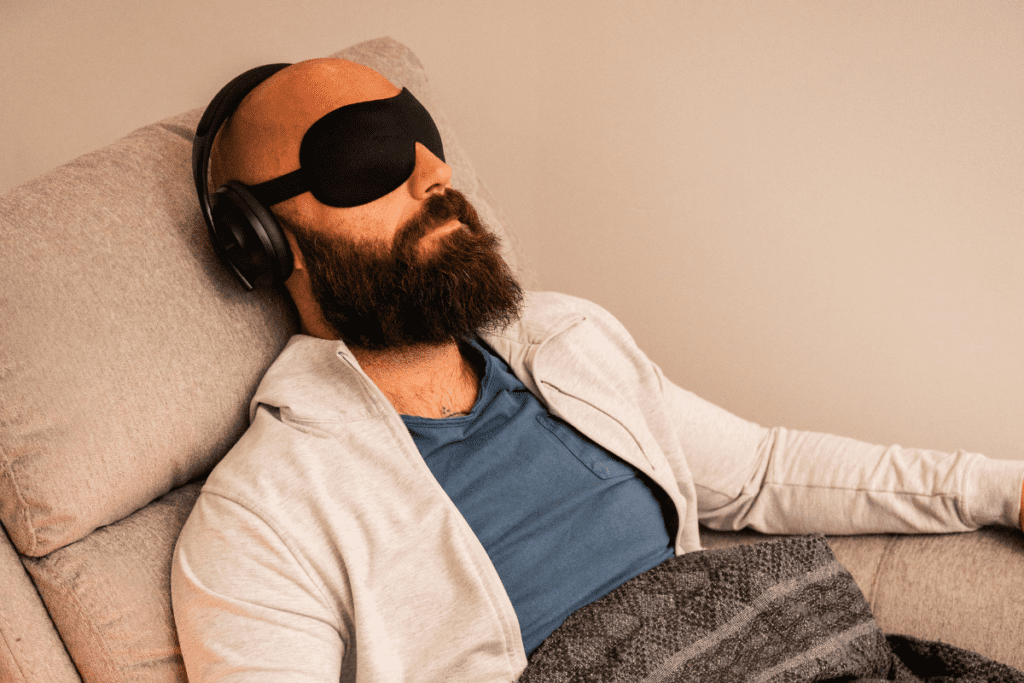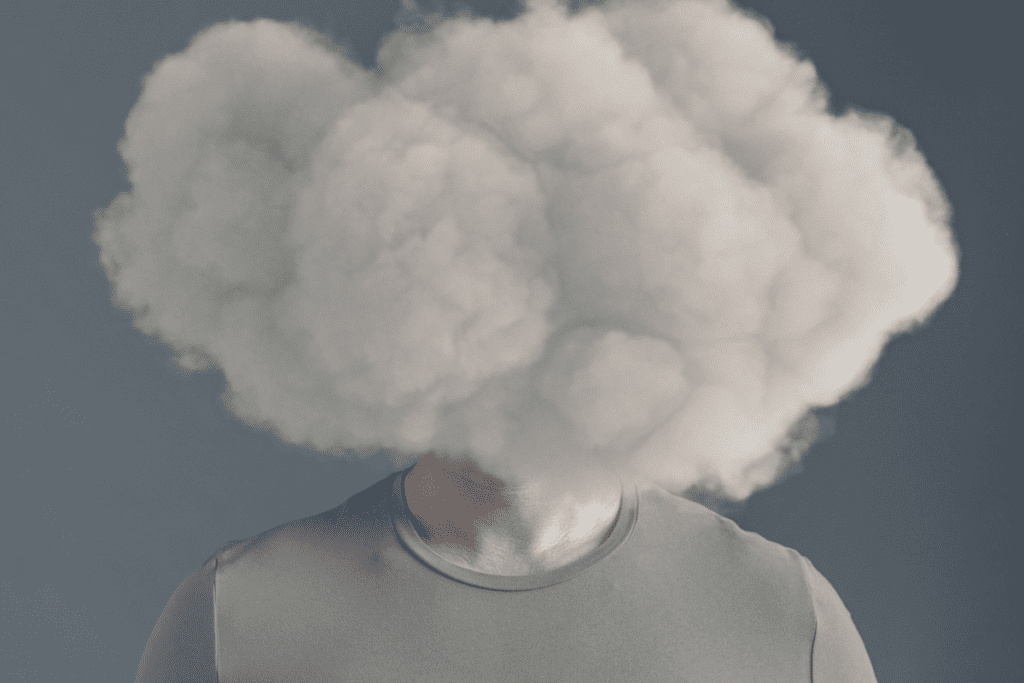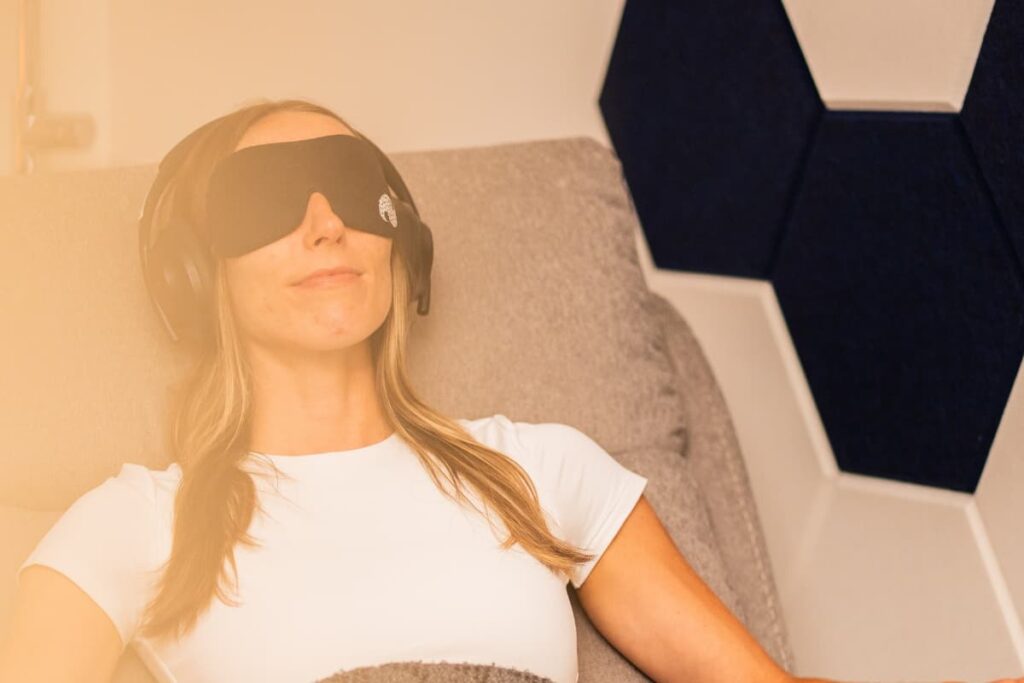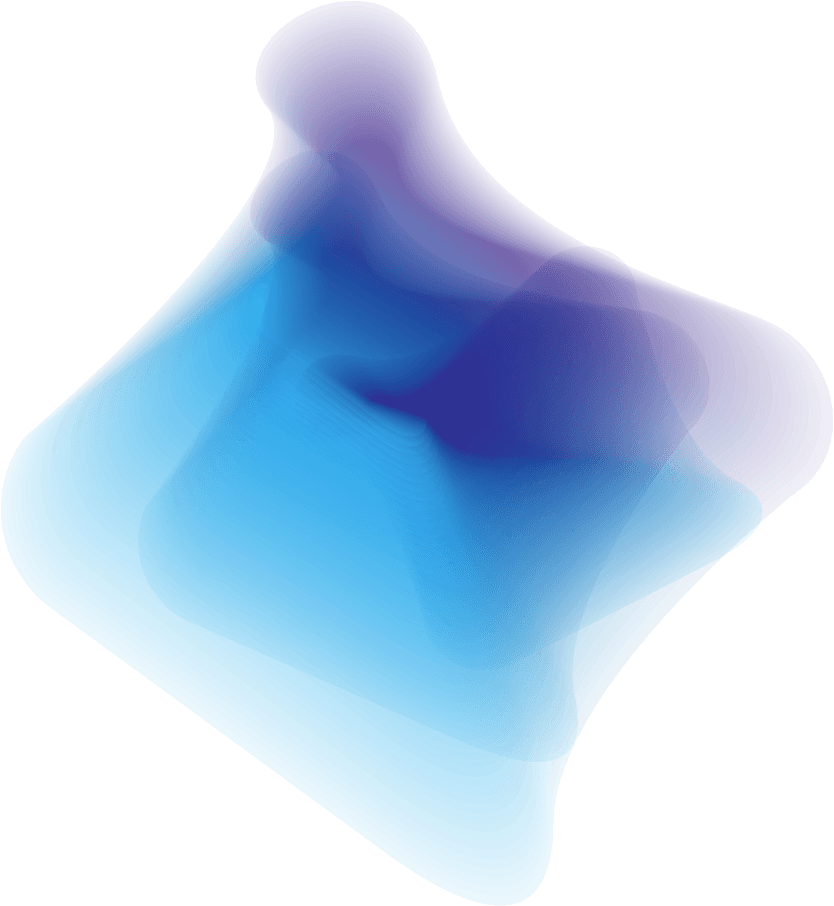In today’s fast-paced world, many people appear to lead successful, balanced lives on the surface. Beneath the facade, they may be struggling with mental health conditions like high-functioning depression and anxiety.
While these terms are not officially recognized diagnoses, they are becoming increasingly used to describe individuals who manage to maintain their daily responsibilities while grappling with significant inner turmoil. This article explores what high-functioning depression and anxiety are, their symptoms, and why they are often overlooked. We will also discuss effective treatment options available at EntheoMed, including innovative therapies like Odyssey, to help those affected reclaim their mental health.

What is High-Functioning Depression?
High-functioning depression, often associated with persistent depressive disorder (dysthymia), involves experiencing chronic, low-level depression while managing to meet everyday demands. Individuals with high-functioning depression may excel at work, maintain social relationships, and seem outwardly composed, yet internally, they may feel persistently down or dissatisfied.
Signs of High-Functioning Depression:
- Persistent Sadness: A lingering sense of unhappiness or emptiness that lasts for years.
- Low Energy and Fatigue: Constant tiredness that doesn’t improve with rest.
- Lack of Enthusiasm: Reduced interest or pleasure in activities that were once enjoyable.
- Feelings of Guilt or Worthlessness: Overwhelming self-criticism or a sense of inadequacy.
- Difficulty Concentrating: Struggling with focus or decision-making.

What is High-Functioning Anxiety?
High-functioning anxiety describes individuals who, despite experiencing anxiety symptoms, push through life, often achieving a great deal, yet suffering silently. Unlike those with more apparent anxiety disorders, these individuals’ anxiety drives them to overperform rather than paralyzing them.
Symptoms of High-Functioning Anxiety:
- Overthinking: Excessive worry and overanalysis of situations and interactions.
- Perfectionism: An intense need for control and perfection, often to avoid anxiety triggers.
- Restlessness: An inability to relax, accompanied by physical tension.
- Avoidance of Failure: Reluctance to try new things due to fear of making mistakes.
- People-Pleasing: An overwhelming desire to make others happy to prevent criticism.
High-functioning anxiety can significantly impact personal and professional life, often leading to burnout or strained relationships, as individuals may seem outwardly calm while constantly battling inner stress and fear.
Why it’s hard to diagnose and treat:
One of the significant challenges in diagnosing high-functioning depression and anxiety is their covert nature. Individuals often downplay their struggles because they appear successful and composed. This can lead to delayed treatment, as symptoms are dismissed as stress or fatigue.
- Overlooked Symptoms: The covert nature of these conditions often results in misdiagnosis or underdiagnosis.
- Resistance to Treatment: High-functioning individuals may be less likely to seek help due to the stigma or belief that they should manage independently.
- Need for Personalized Care: Standard treatment options might not address the specific needs of those balancing daily functioning with mental health challenges.

I think I have High-Functioning Depression or Anxiety. What do I do now?
1. Acknowledge Your Feelings
- Recognize the Symptoms: Understand that high-functioning depression is a legitimate condition. Acknowledging feelings of persistent sadness, fatigue, or disinterest is the first step toward healing.
- Self-Compassion: Be kind to yourself and avoid self-criticism. Accept that it’s okay to not be okay and that seeking help is a sign of strength, not weakness.
2. Seek Professional Help
- Therapy: Engage in therapy with a licensed mental health professional. Cognitive-behavioral therapy (CBT), mindfulness-based therapy, and psychodynamic therapy can be effective in managing depression.
- Medication: Consult a healthcare provider about medications that may help, such as antidepressants. Medication can be beneficial alongside therapy.
3. Establish a Support System
- Reach Out: Connect with friends and family who can offer support and understanding. Sharing your experiences with others can alleviate feelings of isolation.
- Support Groups: Consider joining support groups where you can share experiences and learn coping strategies from others facing similar challenges.
4. Practice Self-Care
- Prioritize Sleep: Establish a regular sleep schedule and aim for 7-9 hours of quality sleep each night. Sleep is crucial for mental health and well-being.
- Healthy Nutrition: Maintain a balanced diet rich in whole foods, fruits, vegetables, lean proteins, and healthy fats. Proper nutrition can impact mood and energy levels.
- Exercise Regularly: Engage in regular physical activity, such as walking, yoga, or any form of exercise you enjoy. Exercise releases endorphins, which can improve mood and reduce stress.
5. Set Realistic Goals
- Break Tasks Down: Divide large tasks into smaller, manageable steps. Celebrate small achievements to build confidence and motivation.
- Balance Responsibilities: Set realistic expectations for yourself and prioritize tasks. Avoid overcommitting to prevent burnout.
6. Incorporate Mindfulness and Relaxation Techniques
- Mindfulness Meditation: Practice mindfulness meditation to increase awareness of the present moment and reduce negative thinking patterns.
- Breathing Exercises: Use deep breathing techniques to reduce stress and promote relaxation.
- Journaling: Write about your thoughts and feelings to gain clarity and understanding of your emotions.
7. Limit Negative Influences
- Social Media Use: Be mindful of social media use and limit exposure to negative content that may impact your mood.
- Set Boundaries: Establish healthy boundaries with people or situations that contribute to stress or negativity.
8. Consider Professional Interventions
- Psychedelic-Assisted Therapy: Explore innovative therapies, such as ketamine or psychedelic-assisted therapy, for treatment-resistant depression. Programs like Odyssey at EntheoMed offer comprehensive support for mental health improvement.
9. Monitor Your Progress
- Track Your Mood: Keep a journal or use an app to track your mood and identify patterns. This can help you understand triggers and progress.
- Regular Check-ins: Schedule regular check-ins with a therapist to discuss progress and adjust treatment plans as needed.

Rewiring the Brain with Psychedelic-Assisted Therapy in Kelowna
Ketamine Therapy for Depression:
Ketamine therapy has emerged as a groundbreaking treatment for depression, particularly for those who haven’t responded to traditional therapies. It works rapidly to alleviate symptoms by promoting the growth of new neural connections in the brain, offering hope for those with persistent depressive disorders.
EntheoMed’s Odyssey program uses ketamine-assisted therapy to help individuals explore and heal their subconscious mind. This approach facilitates profound insights and emotional breakthroughs, supporting long-term mental health improvement.
Ketamine Therapy for Anxiety:
Ketamine therapy is increasingly recognized as an innovative treatment for anxiety disorders, particularly for individuals who have not found relief through conventional therapies. Ketamine works by modulating the brain’s glutamate system, leading to rapid changes in brain function that can alleviate anxiety symptoms. This approach offers new hope for those struggling with persistent anxiety disorders, often providing relief within hours rather than weeks.
EntheoMed’s Odyssey program leverages ketamine-assisted therapy to help individuals address and transform their anxiety. By facilitating deep introspection and emotional release, this therapy supports individuals in gaining insight into the root causes of their anxiety. Participants often experience a significant reduction in anxiety symptoms, enabling them to engage more fully in daily life and supporting long-term mental health improvement. This holistic approach not only targets symptoms but also promotes a deeper understanding and healing of the underlying issues contributing to anxiety.

Benefits of Odyssey Therapeutic Ketamine Experiences:
- Rapid Symptom Relief: Many patients experience significant improvement in their symptoms within days of treatment, offering quick relief for those suffering from depression and anxiety.
- Therapeutic Counseling Pre and Post Experience: Personalized therapeutic counseling sessions are provided before and after ketamine experiences to prepare individuals for their journey and help integrate insights gained during the sessions into daily life.
- Holistic Healing: The Odyssey program provides guidance on contemplative and restorative mind and body practices, such as meditation and yoga, to supplement the psychedelic medicine and therapeutic counseling. This comprehensive approach promotes overall wellness and healing.
- Enhanced Self-Understanding: Patients gain valuable insights into their thought patterns and behaviors, empowering them to make lasting positive changes in their lives. Through deep introspection, individuals can address the root causes of their mental health challenges.
Recognizing and treating high-functioning depression and anxiety is crucial for leading a fulfilling life.
By understanding these conditions and exploring innovative treatment options like those offered at EntheoMed, individuals can overcome their struggles and thrive.
We encourage you to reach out for a consultation or more information about our services, and take the first step towards a healthier, happier you.














